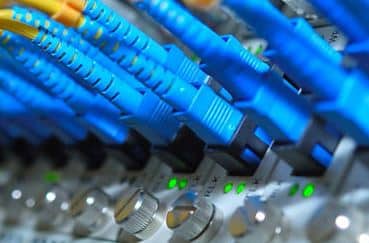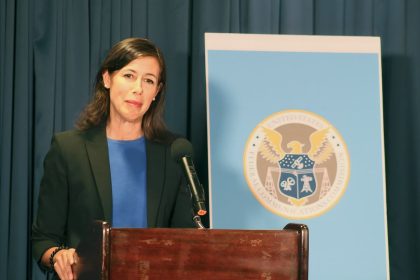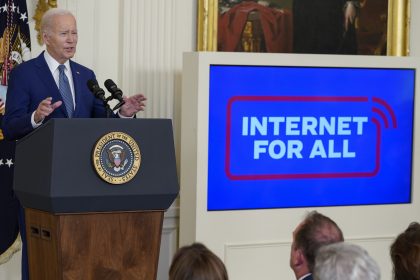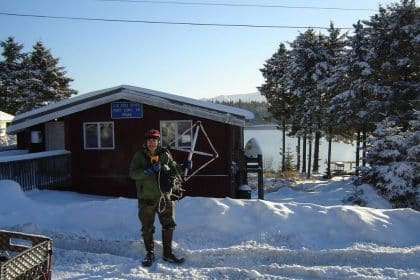FCC Increases Speed for Rural Broadband Program

WASHINGTON — Higher internet speeds are coming to the most rural places in America, as the Federal Communications Commission changed the definition of “high-speed” internet at its meeting Thursday.
The four commissioners voted unanimously and across partisan lines to change the definition of high-speed internet to be 100 megabits per second download speeds for its Alternative Connect America Cost Model program, increasing it from 25 megabits per second.
The 2016 program aims to bring high-speed internet to the most rural places that are hardest for internet providers to reach in a cost-effective way. The commission subsidizes the cost to lower prices for rural customers.
“This is a universal service program that the FCC developed for rate-of-return carriers serving high-cost and hard-to-reach areas. It provides a fixed amount of funding in return for commitments to build broadband. It has led to fiber facilities deeper in the networks of carriers serving these rural communities — bringing higher speeds and greater bandwidth to consumers,” said Chairwoman Jessica Rosenworcel at Thursday’s meeting.
Despite the program bringing higher speeds to these areas, it was still lagging behind other new federal initiatives to expand broadband access.
Billions of dollars from the Infrastructure Investment and Jobs Act were provided for broadband expansion, but there have been different requirements for internet speed for different programs.
Last fall the U.S. Department of Agriculture’s ReConnect program made grants available for internet providers promising speeds of 100 megabits per second or faster in areas that did not previously have access to those internet speeds.
The commission’s rule change puts its ACAM program in line with these newer programs.
Internet bandwidth speeds have been put to the test in recent years as more of life — working, school, doctor appointments and more — have shifted online because of the pandemic. A typical teleworker needs up to 25 megabits per second, which is multiplied by everyone working remotely in the home, according to the commission’s broadband speed guide.
This is also part of the larger push to ensure federal funds are not being spent in the same areas under different programs. The FCC, the Department of Agriculture, the National Telecommunications and Information Administration and the Treasury Department are working together to make sure those dollars get to the right places.
The agencies in charge of the broadband expansion programs signed an information-sharing agreement last week. The agreement will make it easier to exchange information about projects and funding and help avoid territorial disputes.
“Our whole-of-government effort to expand broadband adoption must be coordinated and efficient if we are going to achieve our mission,” said Alan Davidson, assistant secretary of Commerce for Communications and Information, in a statement last week. “Our agencies have already been collaborating at an unprecedented level, and today’s announcement ensures that coordination will continue as we build out high-speed internet across the country. This [memorandum of understanding] will allow us to build the tools we need for even better data-sharing and transparency in the future.”
Madeline can be reached at [email protected] and @MadelineHughes
























